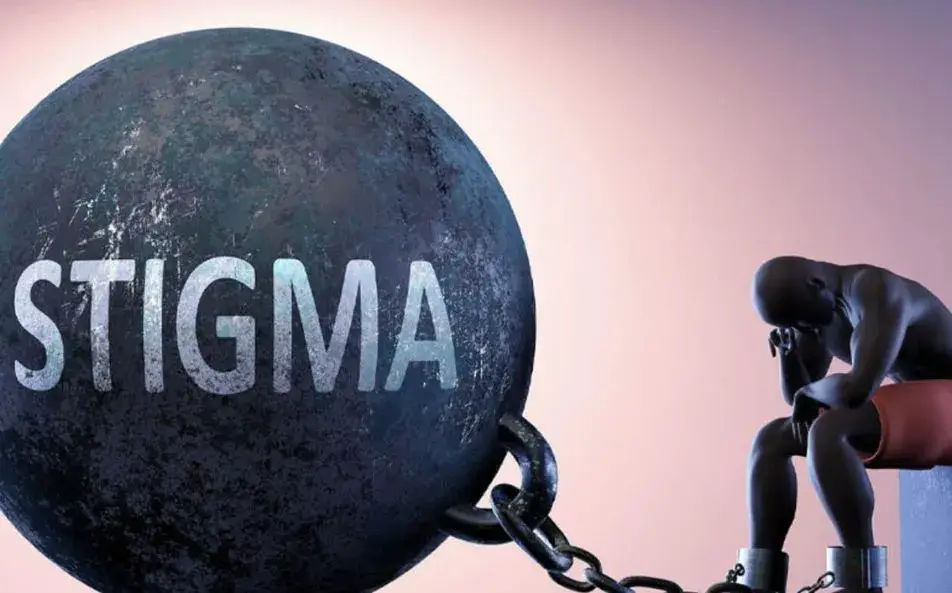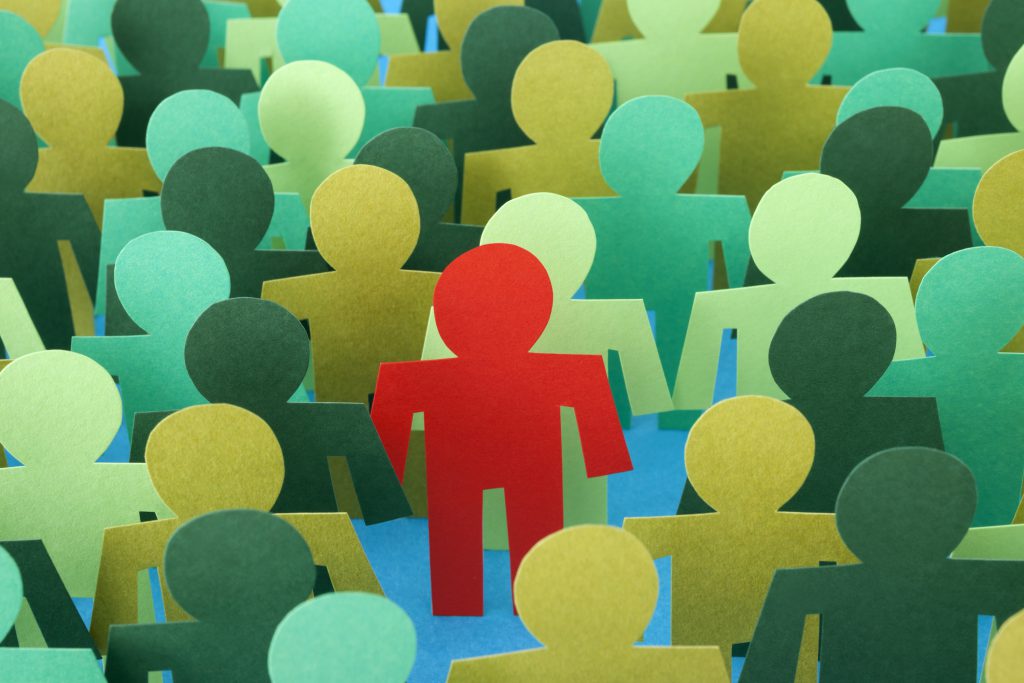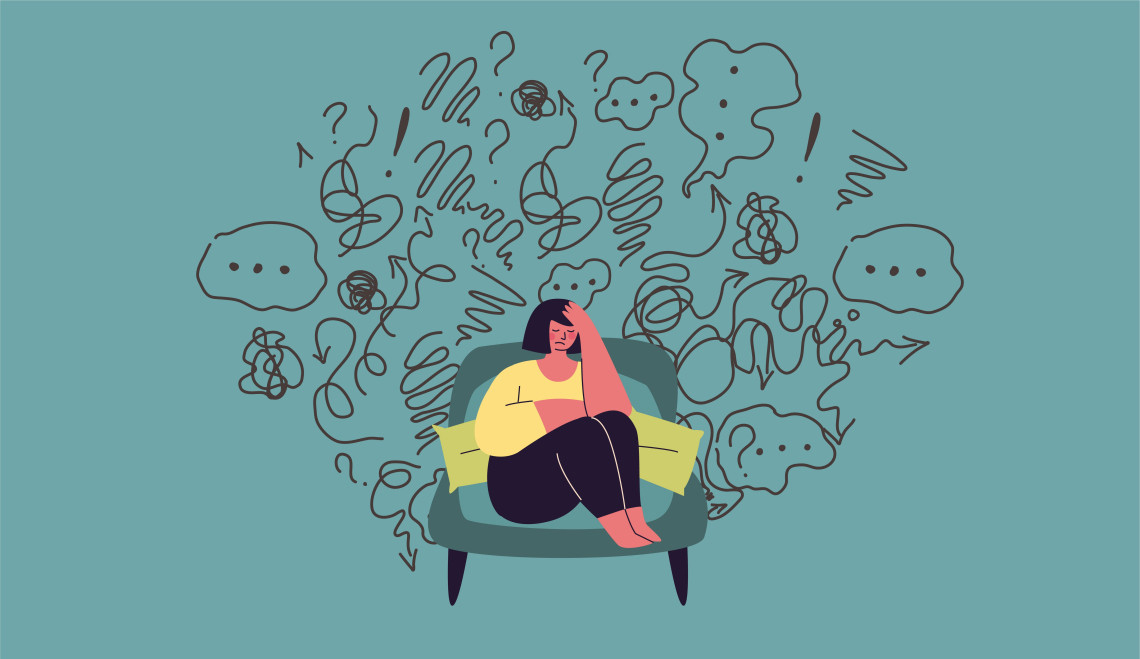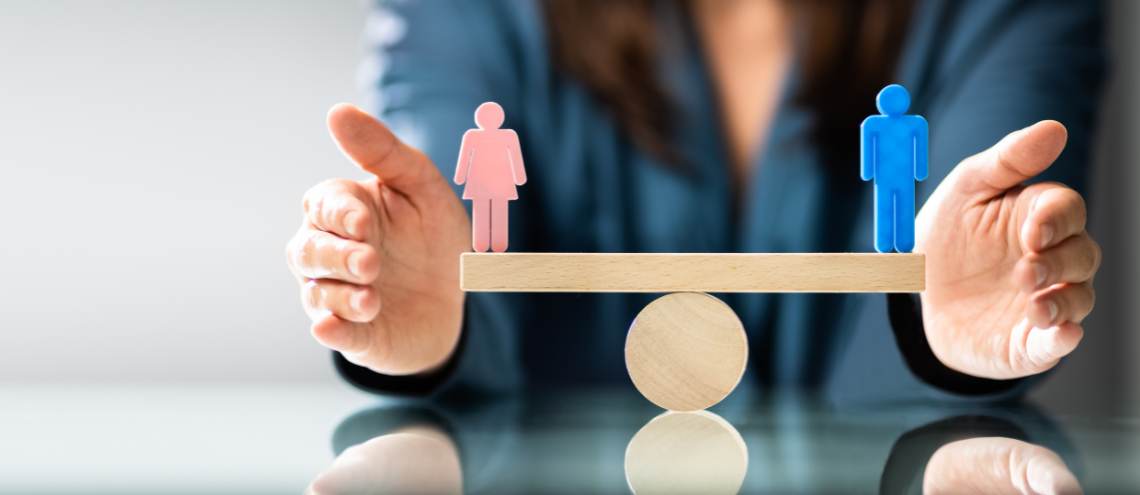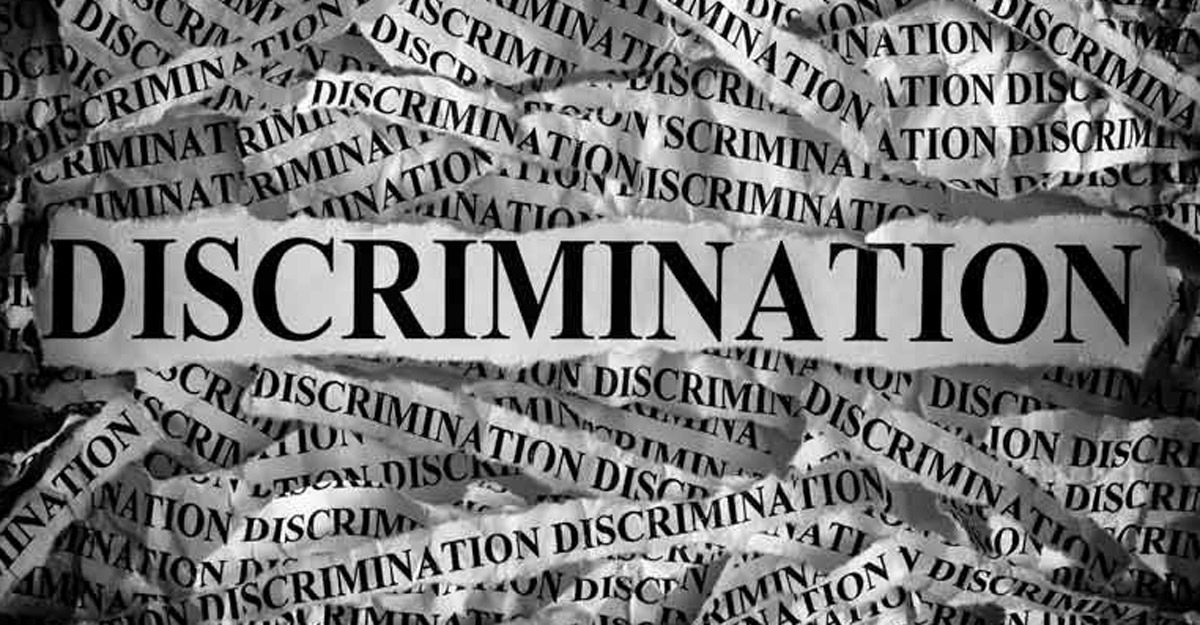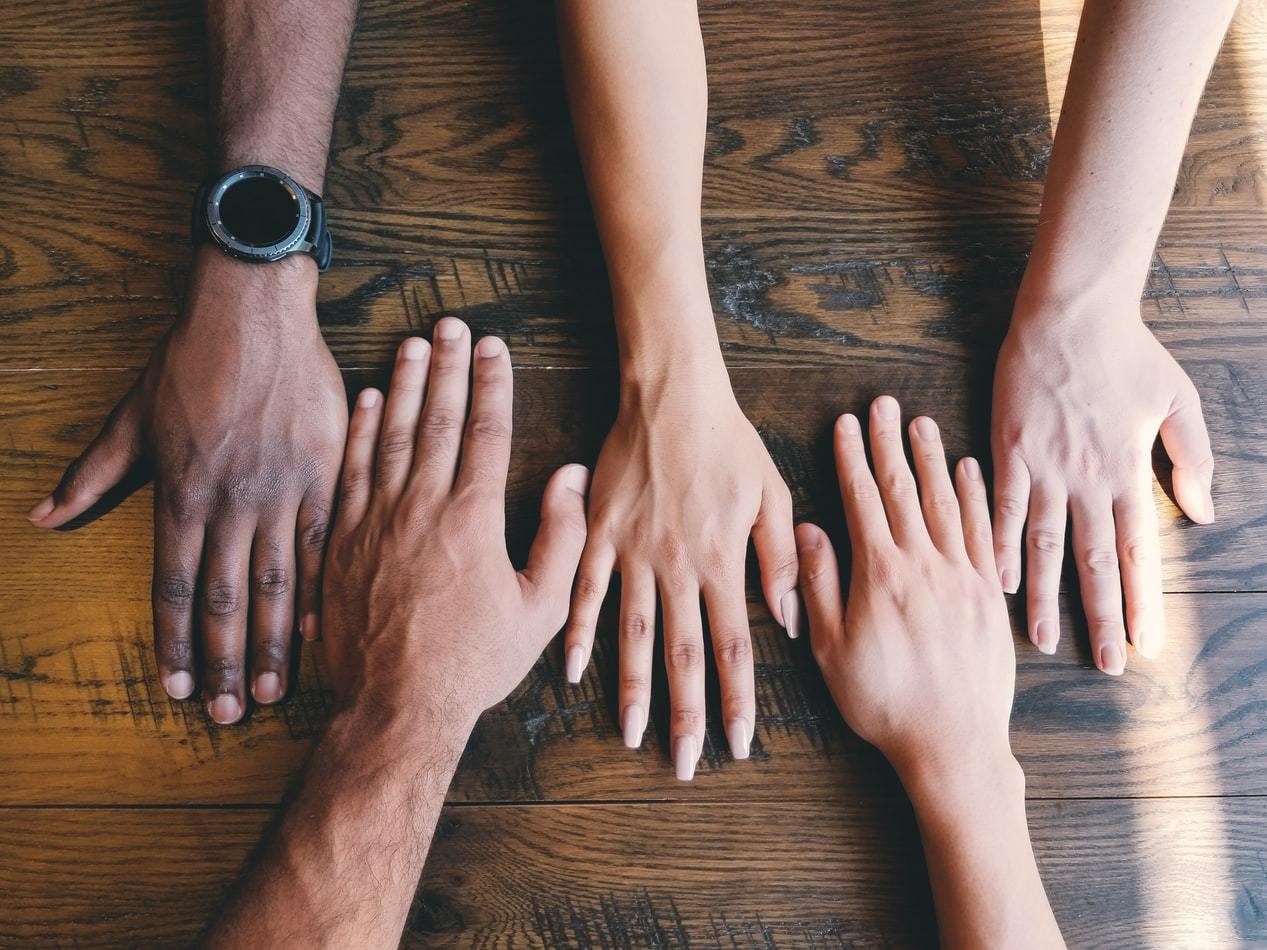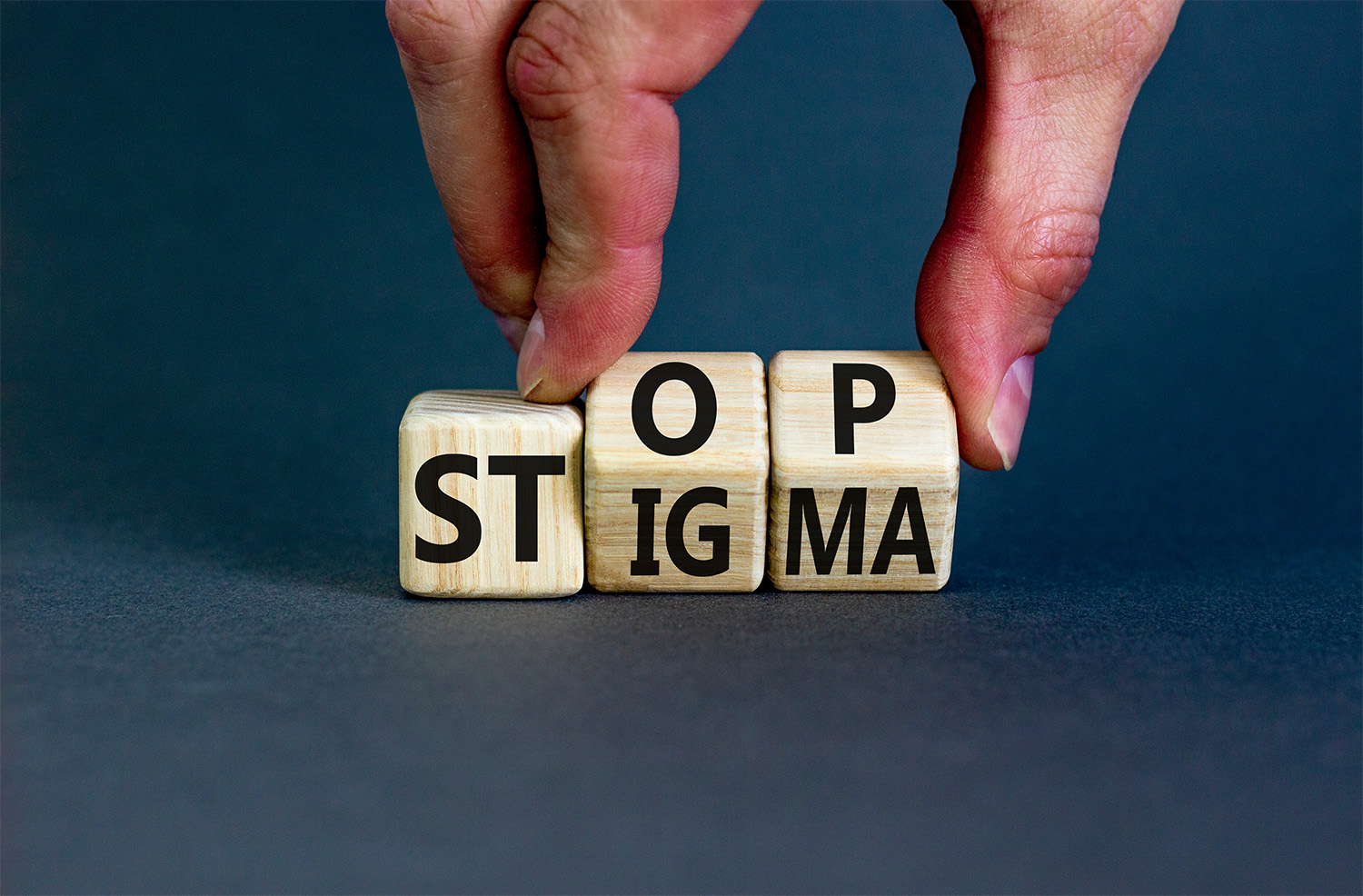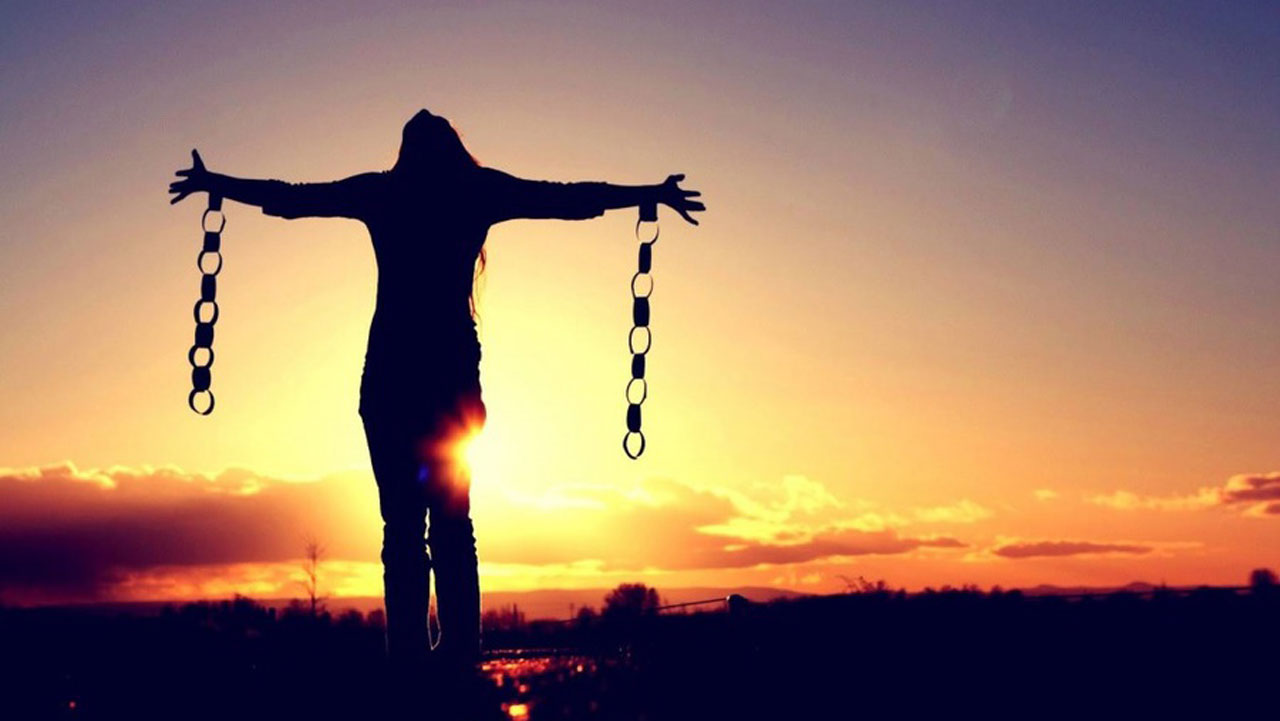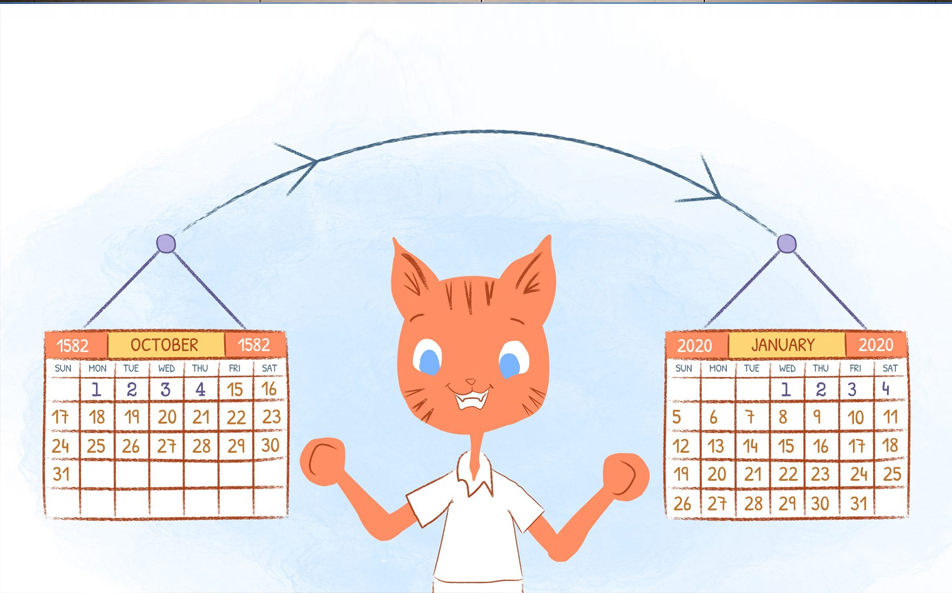
The United Indian

Social stigmas have been a problem in India's diverse society for a long time, holding back progress and keeping discrimination alive. Biases based on race and gender are just a few of the stigmas that people face every day. They affect millions of people across the country. Getting rid of and fighting these stereotypes is important for making society more fair and open to everyone. Stigmas are like unseen walls that keep people in and slow down progress. But there is change in the air that we as part of modern 21st century generations are witnessing. Let's look at some common stereotypes and talk about how to break them down one piece at a time.
Understanding Social Stigmas
Prejudiced stereotypes or names attached to certain traits or identities cause social stigmas in India, which can lead to discrimination and exclusion. India has many kinds of stigmas, such as discrimination based on rank, unfair treatment of women, and religious bias. These stereotypes have been passed down from generation to generation and are deeply rooted in the culture and society of the country.
Factors Contributing to Social Stigmas
India has a lot of social stigmas that are kept alive by historical biases, cultural rules, and social hierarchies. Media portrayals and stereotypes also support negative ideas, pushing some groups further to the edges of society. To get rid of these stereotypes, we need to fix systemic problems and question deeply held views.
Impact of Social Stigmas
Social stigmas have an impact on society norms and institutions that go beyond personal experiences. Discrimination against people on the basis of caste, gender, or religion restricts their prospects, impeding their ability to move up the social ladder and succeed economically. Furthermore, these stigmas impede the advancement and development of society by fostering social division and conflict.
Breaking the Silence: Stigmas Around Mental Health
People who have mental health problems often keep their problems to themselves because of the stigma that surrounds them. People whisper words like "depression" and "anxiety" instead of talking about them out loud. People who have mental illness often feel alone and ashamed, and they don't want to ask for help. This not only makes their situation worse, but it also keeps them from living full lives.
How can we challenge this?
- Open conversations: Normalize discussions about mental health. Share personal experiences or stories to break the ice.
- Educate yourself and others: Learn about common mental health issues and available resources. Share this knowledge with friends and family.
- Challenge misconceptions: Fight the myth that mental illness is a weakness. Emphasize that it's a treatable medical condition.
- Support mental health initiatives: Advocate for increased mental health awareness campaigns and improved access to quality care.
Beyond Gender: Dismantling Gender Inequality
Gender stereotypes can make it harder for both men and women to get what they want. There can be a lot of pressure to fit in with what other people expect of you. Women face problems like unfair pay, fewer schooling options, and having to do more housework than men. But men may find it hard to show how they feel or go into jobs that are seen as "feminine."
Coping Up With Gender Stereotypes
- Promote gender equality: Advocate for policies that ensure equal pay, educational access, and opportunities for all genders.
- Challenge stereotypes: Discourage gender-based assumptions about careers, hobbies, or behaviour.
- Celebrate diversity: Showcase successful individuals who defy traditional gender roles.
- Empower girls and women: Support initiatives that promote girls' education and empower women to become financially independent.
Caste System: A Legacy of Discrimination
The caste system, which is a kind of social hierarchy, is still a problem in India. It puts people in a social class based on when they were born, which limits their options and keeps discrimination going.
Promoting Equality irrespective of caste
- Promote inter-caste interaction: Encourage social interactions and marriages outside of caste boundaries.
- Affirmative action: Support policies that provide opportunities for historically disadvantaged castes.
- Education and awareness: Integrate lessons on the evils of caste discrimination in school curriculums.
- Law enforcement: Enforce laws that prohibit caste-based discrimination in employment, housing, and education.
Divorce: Breaking the Taboo
In traditional Indian society, divorce was seen as wrong, and people who decided to end their marriages were looked down upon. For the sake of family honour and image, women especially felt a lot of pressure to stay in relationships that were bad for them or abusive. But slowly, over the past few years, people's views on divorce have changed. This is because of changes in society, people becoming financially independent, and changes in the law.
- Changing Perspectives : One of the main reasons why people's views on divorce are changing is that women in India are becoming more independent. Women are asserting their independence and challenging traditional gender roles as they get better access to schooling and jobs. With this greater freedom, women can make decisions that put their health and happiness first, like whether to get a divorce when they need to.
- Legal Reforms : Legal reforms have also played a significant role in destigmatizing divorce in India. The introduction of progressive laws such as the Hindu Marriage Act, which provides grounds for divorce based on cruelty, adultery, and desertion, has facilitated the dissolution of marriages in cases of irreconcilable differences.
Colorism: Unveiling Complex Notions of Beauty
Unveiling Complex Ideas of Beauty Discrimination based on skin colour is another common form of social stigma in India and around the world. It reinforces ideas of beauty, wealth, and superiority. People with lighter skin are often seen as more attractive, desirable, and high-class, while people with darker skin are looked down upon and treated unfairly. To fight colorism, you have to face your deep-seated beliefs, celebrate different ideas of what is beautiful, and encourage self-acceptance and acceptance of others.
Changing Narratives
Colorism is still a problem, but there is a growing movement to fight it and promote body acceptance and self-love. There are places on social media where people can question beauty standards, praise diversity, and push for more inclusive portrayals in media and ads.
Basic Challenges in Addressing Social Stigmas
Fighting social stigmas is hard for many reasons, such as people's unwillingness to change and the fact that bias runs deep. Even though people try to make society more open and accepting, discrimination is often kept going by deeply rooted beliefs and social structures. To get past these problems, we need to keep advocating and work together.
- Initiatives and Movements : To fight social stigmas in India, a number of initiatives and movements have sprung up. Civil society groups, grassroots activities, and non-governmental organisations (NGOs) are very important for making people aware of problems and pushing for change. From campaigns against discrimination based on rank to movements for gender equality, these efforts have made big steps towards breaking down long-held stereotypes.
- Empowerment Through Education : Education serves as a powerful tool in challenging social stigmas by promoting critical thinking and fostering empathy. Educational initiatives aimed at marginalized communities provide opportunities for empowerment and social mobility. By imparting knowledge and skills, education enables individuals to challenge stereotypes and advocate for their rights.
- Community Engagement and Advocacy : Community engagement plays a crucial role in challenging social stigmas by fostering dialogue and promoting solidarity. Advocacy campaigns and awareness programs conducted at the grassroots level empower communities to confront discrimination and demand change. By amplifying marginalized voices, community-led initiatives contribute to the dismantling of social barriers.
- Government Policies and Interventions : Governmental policies and interventions are essential in addressing systemic inequalities and promoting social justice. Initiatives such as affirmative action programs and anti-discrimination laws aim to mitigate the impact of social stigmas on marginalized communities. However, effective implementation and enforcement are crucial for ensuring the effectiveness of these measures.
- Changing Public Mindsets : Changing societal attitudes and perceptions requires concerted efforts to challenge ingrained prejudices and biases. Promoting empathy and understanding through dialogue and education can help shift attitudes towards greater acceptance and inclusion. By challenging stereotypes and promoting diversity, individuals can contribute to creating a more inclusive society.
- Celebrating Diversity and Inclusion : Celebrating diversity and promoting inclusion are essential for challenging social stigmas and fostering a sense of belonging. Embracing cultural differences and recognizing the value of diverse perspectives enriches society and promotes mutual respect. Creating inclusive environments free from discrimination is essential for building a more equitable future.
Future Outlook
India has made a lot of success in fighting social stigmas, but there is still a lot of work to be done. It needs a multifaceted approach that includes ongoing education, advocacy, and involvement in the community. These are necessary to break down deeply held stereotypes and make society more open to everyone. Slow change is possible if people work together to question society norms and celebrate differences. Let's work towards a world where there is no discrimination or shame and everyone feels like they can reach their full potential.
Read more in Social Cause
Jul 13, 2025
TUI Staff
Jun 28, 2025
TUI Staff

Stay Tuned with The United Indian!
Our news blog is dedicated to sharing valuable and pertinent content for Indian citizens. Our blog news covering a wide range of categories including technology, environment, government & economy ensures that you stay informed about the topics that matter most. Follow The United Indian to never miss out on the latest trending news in India.
©The United Indian 2024

